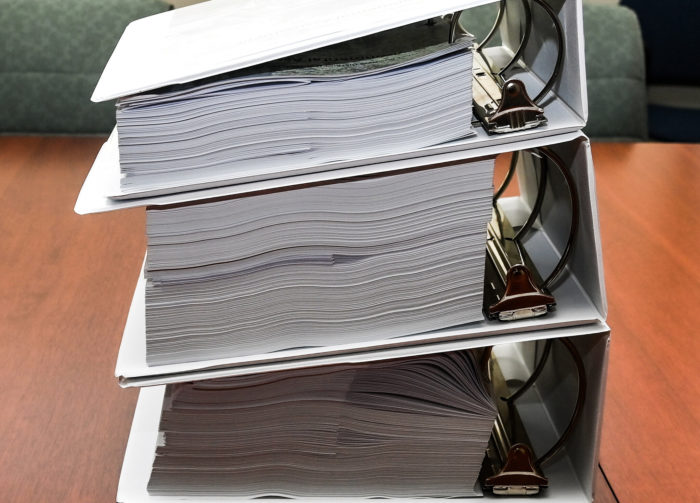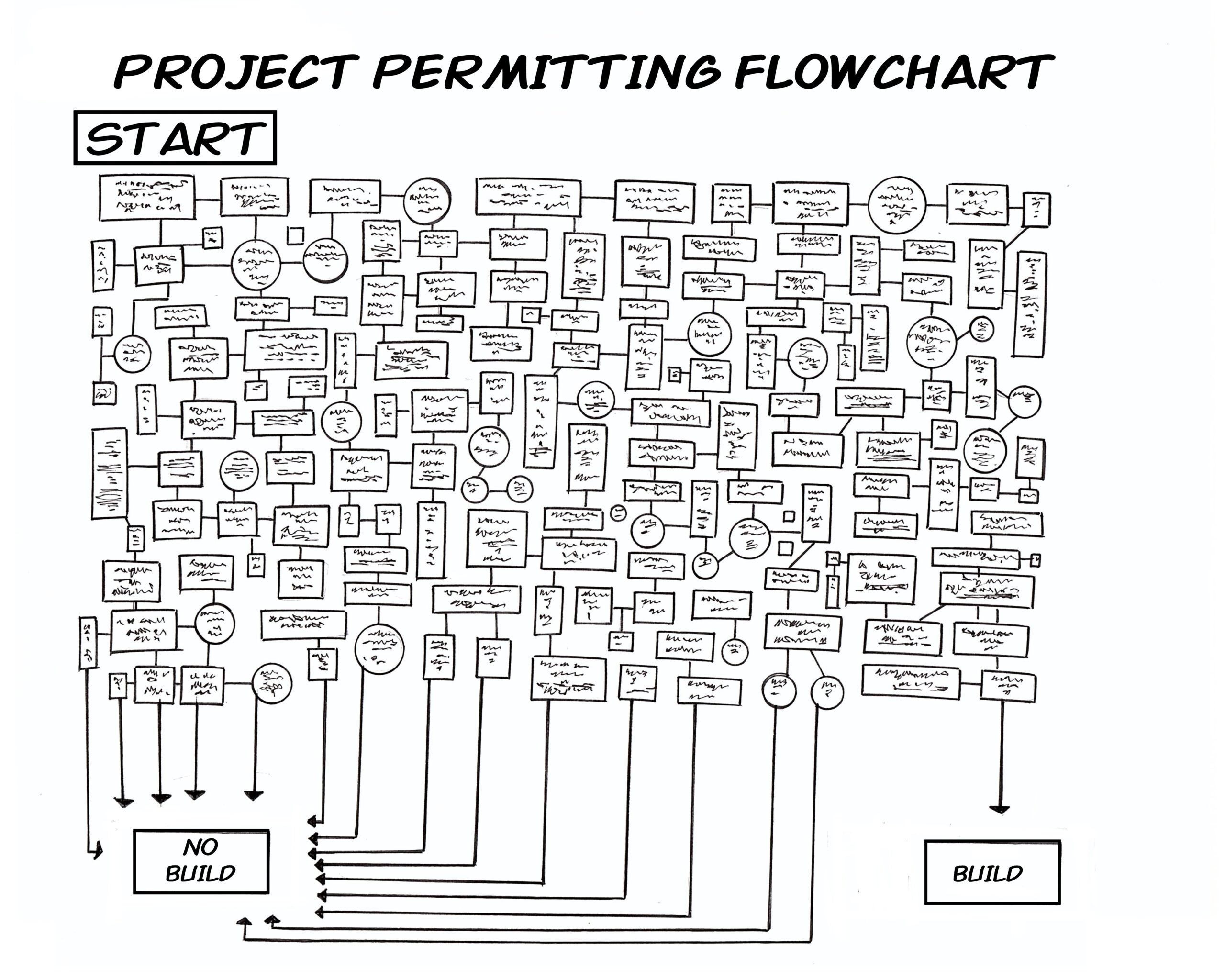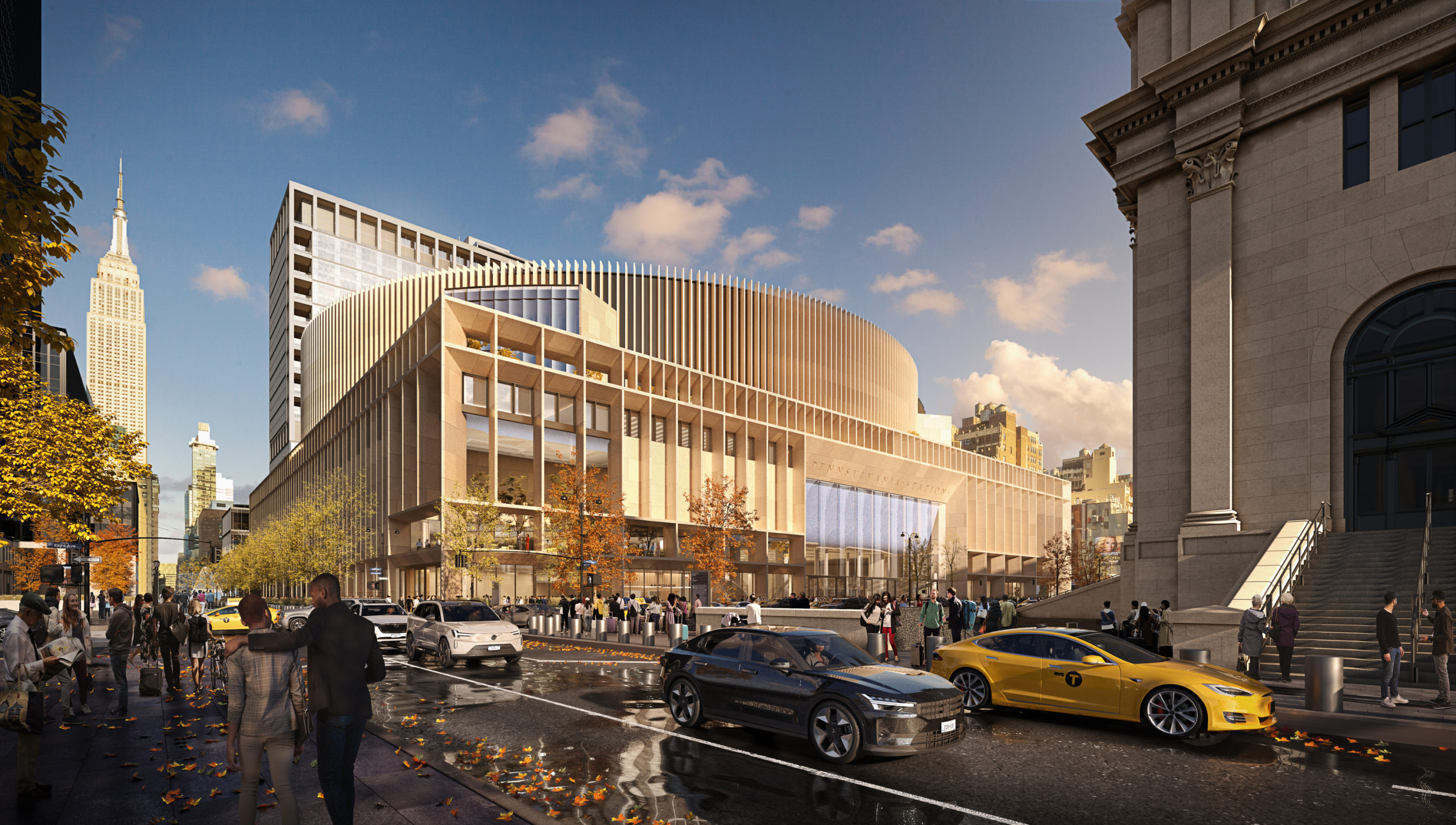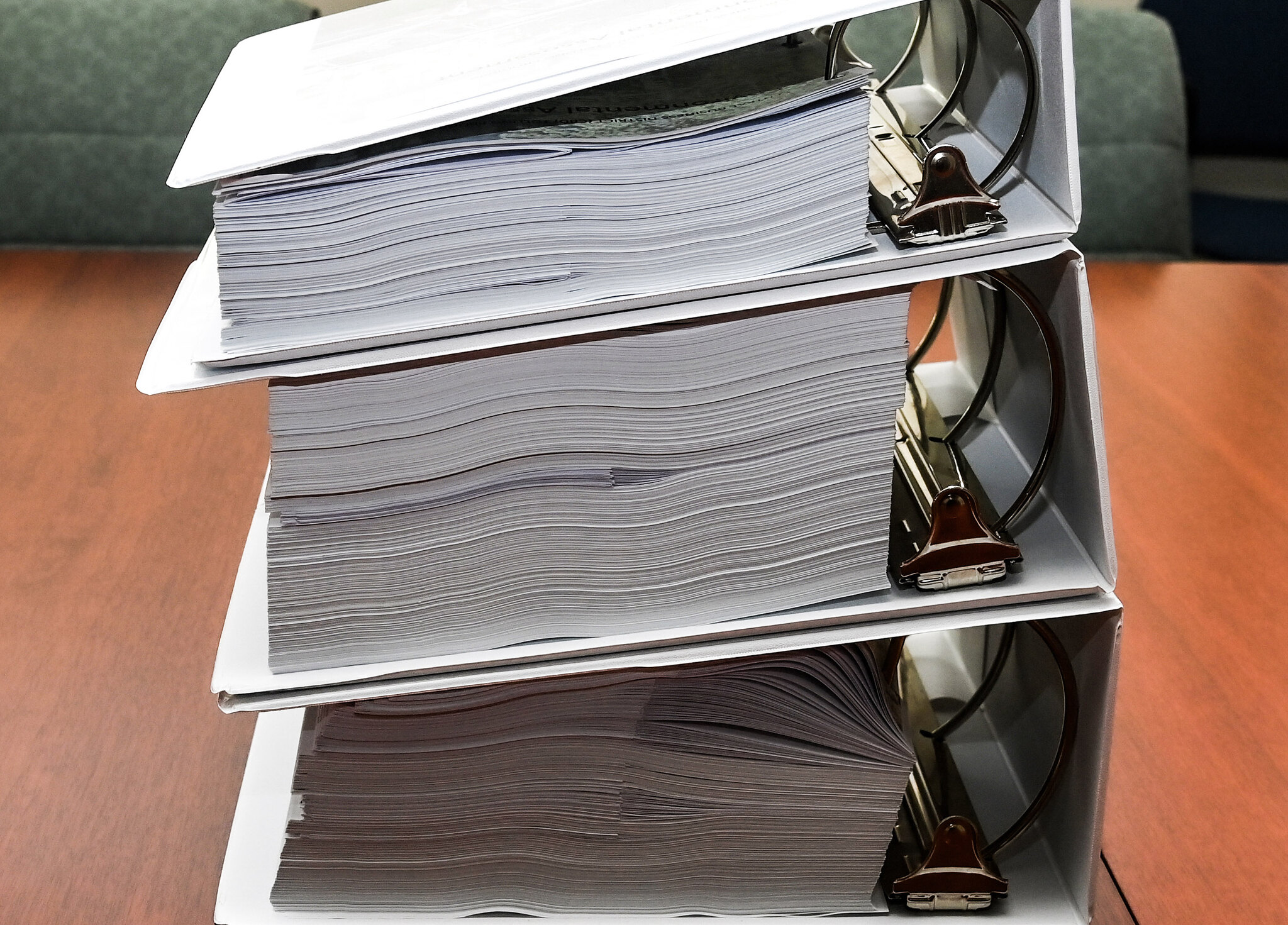
If congestion pricing is going to work anywhere in the United States, it will probably be in lower Manhattan. At the end of June, New York’s long awaited, oft abandoned congestion pricing program is finally set to begin.
That is, if there isn’t an injunction first. New York’s congestion pricing program is currently at the center of what is best described as a Battle Royale of environmental lawsuits. At least eight different lawsuits have been filed in state or federal court to block the program, representing a smorgasbord of dozens of different interest groups and regional affiliations. Several of them are coming to a head just before congestion pricing is set to begin. Courts held hearings on several of the lawsuits in April and May, and decisions on at least some of them are expected in June.
However, the kind of procedural lawsuits that have proven so effective at blocking large infrastructure projects will likely be far less effective against a program like congestion pricing. Absent a major political change, congestion pricing will likely weather this litigation storm.
Battle Royale
New Jersey was early out the gate to sue the project last July. That was probably to be expected. New Jersey and its commuters are clear losers from congestion pricing and have long opposed it. The United Federation of Teachers sued congestion pricing in January, and was joined by the local chapter of the AFL-CIO. That lawsuit has since been joined by the NAACP, as well as the A. Philip Randolph Institute, The Coalition of Black Trade Unionists and the Labor Council for Latin American Advancement.
Regional interests have piled on as well. A grassroots organization called New Yorkers Against Congestion Pricing represents constituencies from other boroughs and neighborhoods, and claims the scheme will increase traffic, and thus air pollution, in their environments. The Staten Island Borough President joined the teachers union lawsuit, which was later joined by 18 state lawmakers from various regions impacted by the plan, including Orange and Rockland counties. Fort Lee filed its own lawsuit last November. The town of Hempstead on Long Island filed its lawsuit in May: that particular suit challenges the scheme as a violation of the Major Question Doctrine among other claims. Some residents of Battery Park (which is in the congestion pricing zone) filed suit against the project late last year.
The trucking industry was uncharacteristically late to this transportation user-fee fight: the Trucking Association of New York just filed its own lawsuit to block congestion pricing in late May.



